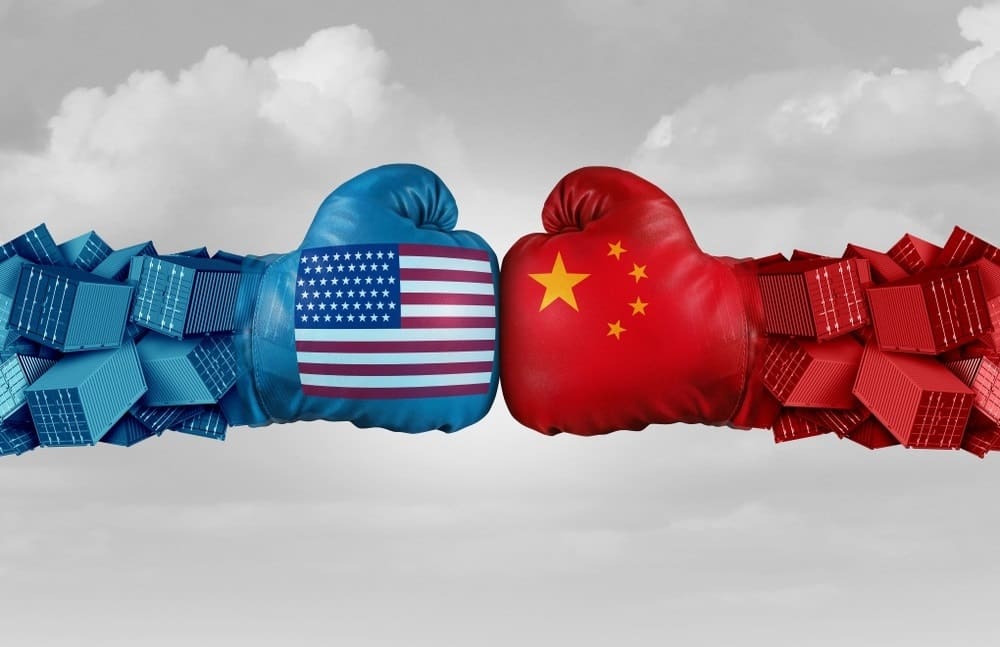The government of China recently announced its intentions to publish a list of foreign entities that harm the interests of Chinese companies. Attorneys from Clifford Chance discuss the particulars and how the “unreliable entity list” will have immediate impact to the businesses listed therein.
with co-authors Hena Schommer and Nick Turner
China’s Ministry of Commerce (MOFCOM) introduced a new layer of complexity for companies doing business with Chinese companies with the announcement of its new “Unreliable Entity List” (UEL) on May 31, 2019. According to the announcement, the UEL will include foreign enterprises, organizations or individuals that fail to abide by market rules and discriminate against Chinese companies for noncommercial purposes. Examples given include boycotts, cutting off supplies or restricting or blocking trade transactions in ways that cause serious damage to Chinese enterprises.
The names of the UEL entities and the specific restrictions applicable to them have not yet been published. To export control practitioners, the UEL might sound similar to the U.S. Entity List, with a less ambiguous nomenclature and purpose. For foreign companies put on the UEL, impact will no doubt be immediately felt.
Official Statements About the UEL
While official regulations spelling out the UEL procedures and the actual list are not yet public, MOFCOM’s spokesperson explained in a press conference on June 1, 2019 that the agency would take into account the totality of the circumstances in adding an entity to the UEL. Factors would include, inter alia, the specific measures taken by the foreign entity against the Chinese companies, the underlying purpose for the discriminatory measures, the damage caused to Chinese companies and related industries and the actual or potential threat to Chinese national security.
MOFCOM is expected to undertake an investigative procedure before adding companies to the UEL. While companies will have the opportunity to object to a UEL listing, it is not clear whether that will occur prior to the listing or as an “off-ramp” for delisting. According to statements made during the press conference, companies will have an opportunity to defend themselves and present arguments to MOFCOM about the possible consequences that a UEL listing would have on their and their Chinese counterparties’ businesses. It is most likely that companies threatened with listing will need to offer compromises to avoid being designated as unreliable.
A company on the UEL will be subject to “any necessary legal and administrative measures” that MOFCOM imposes, while the public will be advised to be cautious to avoid risks associated with the designated foreign entities.
Official Policy
In case the motivation and target of the UEL were not clear from its name and terms, the PRC government also issued an accompanying background statement.
China decided to establish the UEL because “certain countries have been abusing the concept of national security, the measures of export control and their long-arm jurisdictions, which actions have severely harmed the security and stability of the global industrial chain, supply chain and value chain, destroyed the international economic orders and multilateral trading rules and caused injuries to the global economy and national interests of countries including China.” The phrase “long-arm jurisdiction,” in particular, has been used by the PRC government to challenge the use of extraterritorial sanctions by the United States against Chinese companies.
Impact
Whether the list will be a long one and work to essentially shut off trade with companies, particularly from the United States, is a matter of speculation. The initial UEL might also be short, consisting of companies that have publicly announced they have stopped doing business with U.S. listed entities. In that case, the UEL may have little additional impact. In any event, companies contemplating business in China and with Chinese companies will need to factor in the UEL, ensuring commercial rather than regulatory reasons guide their decisions not to do business with other Chinese entities, subject to U.S. restrictions with which China disagrees and considers discriminatory and abusive.



 Wendy L. Wysong is a partner at
Wendy L. Wysong is a partner at 





